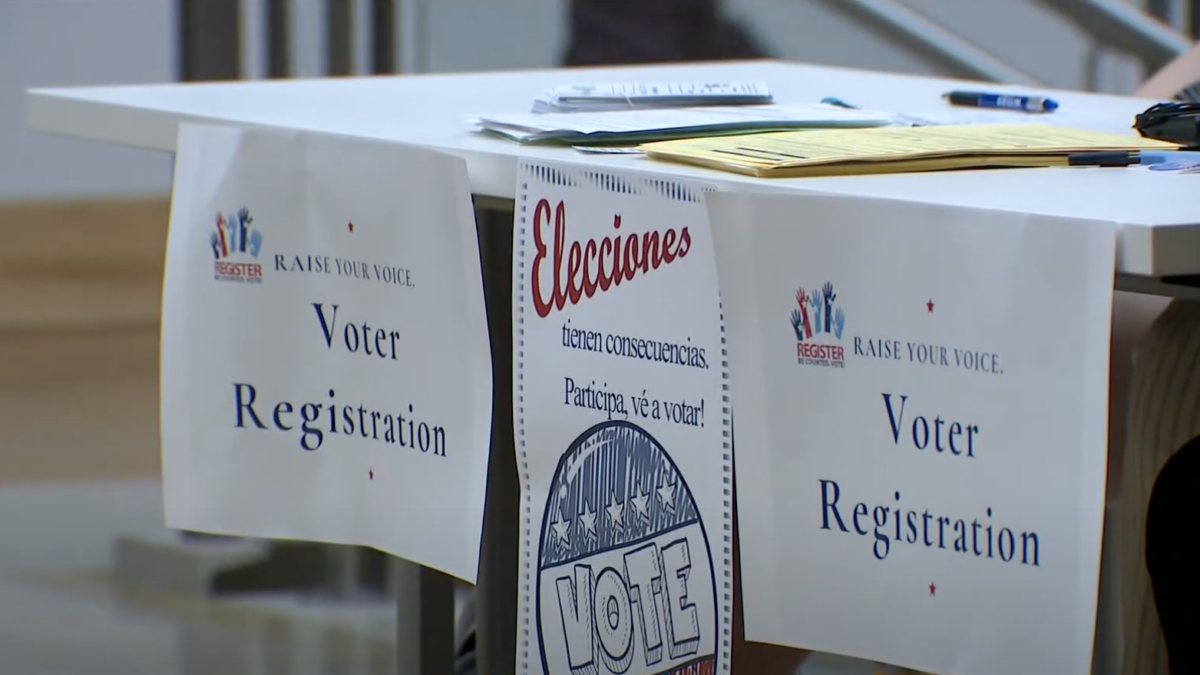A new study released Wednesday demonstrates it is mathematically impossible to pay for the fairytale socialist wish list paraded by Democratic candidates running for president without dramatically raising taxes on the middle class.
The study conducted by the Heritage Foundation, a conservative D.C.-based think tank, illustrates the implausibility of financing a leftist agenda that includes socialized medicine, a “Green New Deal,” a universal basic income, tuition-free college, and other programs that left-wing candidates have proposed.
David Burton, the author of the study, wrote that “even using lower cost estimates, confiscating every dollar earned by every taxpayer with incomes of $200,000 or more would only pay for about half of the progressive agenda.” In other words, even when low-balling the costs of socialist programs, the government cannot finance them by only taxing the wealthy.
Burton estimates that the programs pushed by Democrats would cost U.S. taxpayers at least $48 trillion in additional spending over ten years, nearly doubling current federal expenditures. The programs could cost as much as an additional $92 trillion under higher estimates.
“The reality is that progressive promises can only be funded by radical tax increases on the middle class, a dramatic increase in annual federal deficits and the national debt, or a combination of the two,” Burton wrote.
Burton points out that federal borrowing is already dangerously high, creating a huge drag on economic growth and deepening the inevitable debt crisis America’s middle class must already bail out one day soon.
“Progressive policies, if enacted and debt-funded, would dramatically accelerate the day of reckoning,” Burton wrote in the report. “When the inevitable debt crisis occurs, taxes on the middle class will have to be raised radically.”
Even if all income more than $200,000 earned by individuals and businesses were seized by the federal government over the next ten years, Democrats’ agenda would still fall between $13.2 to $67.8 trillion short in required funds.
While the 2020 Democratic presidential field includes candidates who call themselves moderates, the farthest-left candidates endorsing the most fully socialist proposals have consistently been leading the pack. The race’s front-runner, former vice president Joe Biden, presents himself as one of the moderates but a look at his policies shows him much farther left, even among Democratic voters, on issues including border security, abortion, and nationalized medicine.
Yet each centrist candidate in the race who has criticized this leftward push by the pack leaders is polling less than 2 percent if even registering in the majority of polls aggregated by Real Clear Politics.
The latest round of Democratic debates showcased the ideological divide among candidates. Sens. Elizabeth Warren (D-Mass.) and Bernie Sanders (I-Vt.) both stood center-stage together to parry moderate attacks launched at their socialist proposals throughout the night.
Former U.S. Rep. John Delaney and former Colorado governor John Hickenlooper led the criticisms of the senators’ proposals, calling them unrealistic and impractical. Both cautioned being so far out of step with the American electorate will only steer President Donald Trump back to victory for a second term in the White House.
“You may as well FedEx the election to Donald Trump,” Hickenlooper said to the primetime audience.
Hickenlooper ended up dropping out of the presidential race Thursday and is now contemplating a run against incumbent Republican Sen. Cory Gardner in his home state of Colorado, a prime target for Democrats in 2020. Delaney is certain not to qualify for the next round of Democratic debates held in September and October.









